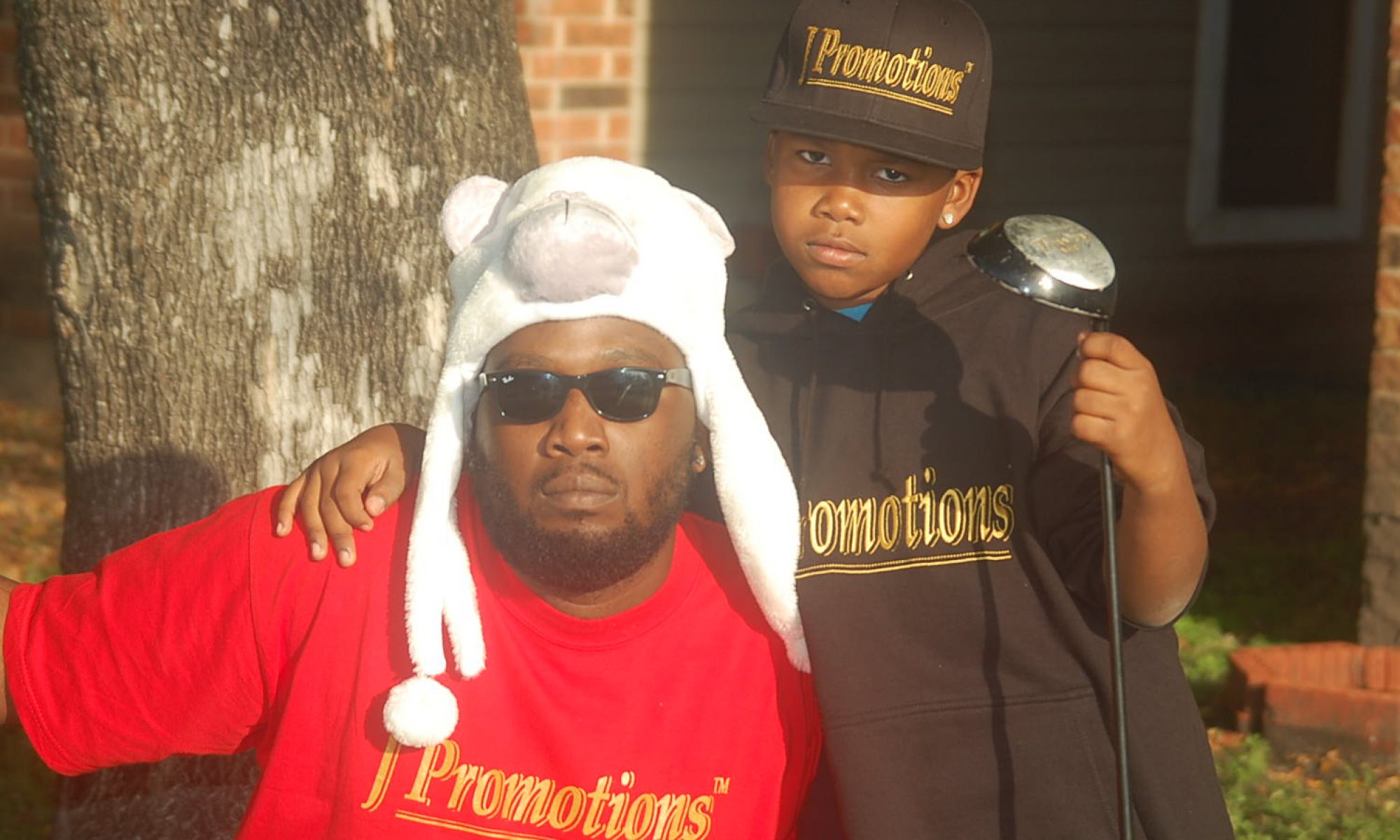Michelle Jackson wanted to make another film about slavery.
But the Los Angeles-based filmmaker faced some opposition from those around her who say portrayals of the black experience should go beyond slavery. She agreed that black stories are but she said she wasn’t comfortable with the idea that many Americans were tired of the subject. Jackson told The Huffington Post that “Django,” “12 Years A Slave” and “Amistad” and similar films “do not speak for 4 million enslaved black bodies” She said there are stories that still need to be told. So she took on the task of telling them by highlighting the stories of individual former through her film, “Another Slave Narrative.”
The 37-minute film reenacts the original transcripts from former slaves Lewis Jenkins, Fannie Moore, William Moore, Delicia Ann Wiley Patterson, Mary Reynolds and Elizabeth Sparks. They were seven of 2,300 free men and women interviewed in the Federal Writers’ Project Slave Narrative Collection 1936-1938. Jackson said that she felt compelled by these interviews because they didn’t romanticize life after emancipation. Instead, free men and women told the traumatic realities that they faced after what was meant to be freedom.
“Mainstream American culture believes that because black enslaved people were emancipated, whatever that means, slavery’s trauma and its effects on black enslaved people discontinued as soon as the plantation gates were opened,” she said. “It didn’t discontinue. They lived with it their entire lives. For some, that was 100 years of PTSD.”
One woman’s story that especially moved Jackson was that of Mary Reynolds, who at the time of the interview was a blind 105-year-old. Reynolds was separated from her family was a child and sold to a white man. Even more than 90 years after enslavement, her memories still haunted her.
Jackson wanted the story of Reynolds and the other men and women to impact her audience, no matter their background. So she casted both black and non-black actors to bring these individual stories to life.
The Los Angeles-based filmmaker wrote in a blog post that she was admittedly hesitant to cast non-black actors. But after considering the heavy toll these roles can play on black actors, she moved forward.
She casted 22 diverse actors —who identify as Black American, Nigerian American, white, Chinese, Indian and Latina — whom she worked with in the past. Between six and eight actors read each monologue. Making some grammar and syntax changes in the transcripts, Jackson instructed the remove their assumptions of how slaves talked and speak naturally.
“[W]hen performing their monologues, I asked them to imagine that they are actually recounting their story, in their body, with their voice, with their mannerisms, and with their emotions. I asked them to not worry about how they thought the interviewee might react or behave,” Jackson told HuffPost. “I just wanted viewers and actors to connect with the interviewees’ story as quickly as possible, especially since I wasn’t able to fit each interviews full-length transcript in the film.”
I created ‘Another Slave Narrative’ to honor those who endured slavery and who negotiated what it meant to be free in the country that originally enslaved them.
Michelle Jackson, “Another Slave Narrative” filmmaker
Jackson also said she didn’t want to omit the word “nigger” from the scripts. She didn’t censor the monologues, except that of one black actor who preferred not to use word, the filmmaker said censoring the original transcripts “would have imposed a modern-day moral approach” to these men and women who used their words with their own sense of morality. She also added that she thought it was “important” to have white actors use “nigger” in first person.
“Not surprisingly, we are used to watching slave narrative films and TV shows that feature white actors who employ ‘nigger’ in the third-person and derogatorily towards black bodies,” she told HuffPost. “I didn’t know how viewers would be impacted when they saw an attractive blonde hair and blue-eyed actor, like Jilon VanOver, referring to himself as a “nigger” during his portrayal as formerly enslaved, Lewis Jenkins, but I did expect it to shift something — left, right, down, up, I’m not sure—inside their paradigm related to slavery and the black and white experience in America.”
Jackson shared that her film has received a lot of positive feedback. She said she wants to uncover the 2,300 former slave interviews in the collection by continuing this series with a multiracial and multigenerational cast.
She noted that multiracial casting probably won’t work for all films about slavery, but Jackson said she would like to see more directors follow suit. Not only to show that slavery is an issue that should concern all Americans, but also to show that we should honor the lives of those who were enslaved.
“Mary Reynolds’s story matters. Fannie Moore’s story matters. Lewis Jenkins’s story matters. My great great aunt’s story matters… I created ‘Another Slave Narrative’ to honor those who endured slavery and who negotiated what it meant to be free in the country that originally enslaved them,” she said. “As a descendant of those who were enslaved, telling our collective story is the least I can do.”
Watch “Another Slave Narrative” above.
— This feed and its contents are the property of The Huffington Post, and use is subject to our terms. It may be used for personal consumption, but may not be distributed on a website.
Source: HuffPost Black Voices
